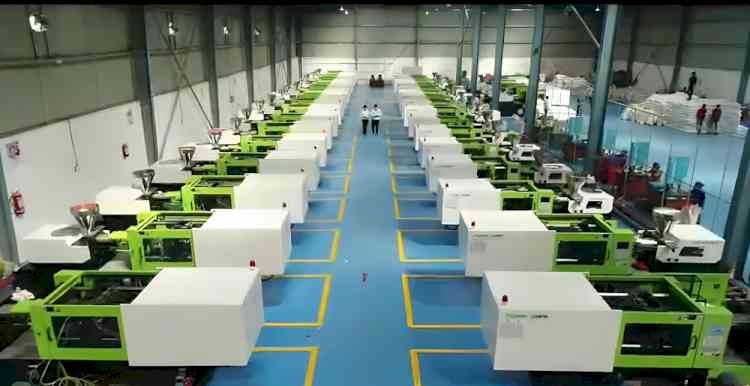Digitization and Disruptive Technologies spurring Banks to invest in New Business Models
Author(s): City Air NewsInfosys Finacle-Efma research shows 78 percent of banks becoming more customer centric through reimagining banking practices Chandigarh, November 2, 2016 – Infosys Finacle, part of EdgeVerve Systems, a product subsidiary...

Infosys Finacle-Efma research shows 78 percent of banks becoming more customer centric through reimagining banking practices
Chandigarh, November 2, 2016 – Infosys Finacle, part of EdgeVerve Systems, a product subsidiary of Infosys (NYSE: INFY), and Efma, a global not-for-profit organization today launched the eighth annual study of ‘Innovation in retail banking’. The research revealed that 77 percent of banks regard the threat from technology companies, start-ups, retailers and/or telecom players as high or very high. Over half now consider the threat from technology companies and start-up challenger banks as significant.
However, the research, in which 158 banks from 56 countries participated, showed that banks have largely embraced digitization and are aggressively adopting new technologies in order to innovate. The proportion of banks with an innovation strategy has increased to 74 percent in 2016, from only 37 percent in 2009. In addition, banks are now more likely to collaborate with startups in order to stay competitive, with nearly three quarters (73 percent) seeing them as the best way to leverage new technologies.
Key findings:
· The vast majority (86 percent) of banks believe that emerging competitors will have a significant impact in the payments area
· Additionally, 73 percent of banks consider working with innovative start-ups as the best approach to access disruptive technologies. Meanwhile 41 percent are collaborating with startups as suppliers, 32 percent are making direct investments into startups, and 27 percent are running accelerators and incubators
· For half of the banks surveyed, legacy technology environments are the biggest barrier to digital transformation, followed by a lack of unified vision (44 percent) and a lack of skills and expertise (38 percent)
· Three quarters (74 percent) of banks now have an innovation strategy in place and more than two-thirds (69 percent) believe they are becoming more innovative; but the proportion of banks increasing innovation investment has fallen to 78 percent from 84 percent last year
· The most disruptive new technology for banks is advanced analytics and big data, with 79 percent of banks claiming it is having a significant impact now or will have within in the next two years. This is followed by mobility and wearables (75 percent) and open APIs (69 percent)
· A fifth of banks are launching or considering launching a digital only bank as a strategy for dealing with digital transformation
· Open API Technology is seen as a major development that will have a high impact on the industry over the next two years, especially with local compliance forcing banks to open their payment systems
Quotes:
Vincent Bastid, CEO, Efma:
“This year’s global banking study shows that banks have resolutely turned to start-ups to drive their own digital transformations. However, banks are being held back by old legacy systems and are still divided on where and how much to invest. Banks should think globally and embrace new ways of doing business.”
Sanat Rao, Global Head of Infosys Finacle, EdgeVerve:
“Changing customer preferences, rapid evolution of technology and pressures from outside of the traditional banking world are accelerating a major transformation of the banking industry. The confluence of these forces is putting digitization at the center of technology renewal, enabling multi-channel touch-points for superior customer service. From the research findings and customer interactions, it will likely be the development of open API’s, AI and blockchain that shall cause the next big change in banking.”

 cityairnews
cityairnews 
















